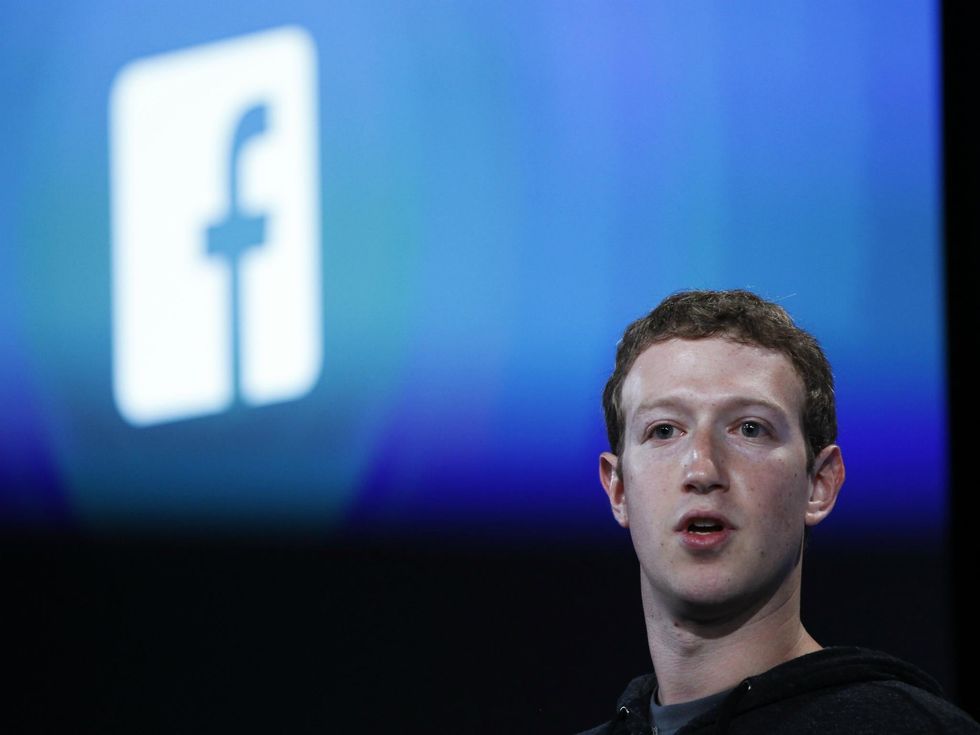Darin Graham
Dec 17, 2017

The reports says the more money handed out, the greater the benefit to the the econony
Drew Angerer/Getty Images
If each adult in the United States were handed $1,000 in cash every month, the US economy could grow by $2.5 trillion in the next seven years, a new study has found.
The benefit, known as a universal basic income, was found to benefit the economy rather than act as a drain on it.
The larger the amount paid out, the more the economy would benefit in the long run, the report claims - by 2025, the cash handout could grow the economy by 12.6 per cent.
The estimates also calculated the effect of paying cash handouts by increasing taxes.
"When paying for the policy by increasing taxes on households rather than paying for the policy with debt, the policy is not expansionary," the report says.
In effect, it is giving to households with one hand what it is taking away with the other. There is no net effect.
The study uses the Levy Macro-Economic model, which presumes the potential of the US economy is constrained because of low household incomes. But the report recognises that other models would disagree with this.
The idea of a universal based economy is even supported by tech leaders like Facebook CEO Mark Zuckerberg and SpaceX CEO Elon Musk.
Musk said that a universal basic income is essential, claiming that robots would put low-skilled workers out of jobs.

Zuckerberg thinks cash handouts could encourage everyone to think more like an entrepreneur, more likely to take risks and pursue projects they are passionate about.
But some are not so keen on the idea.
Washington DC based think tank Center on Budget and Policy Prioritises (CBPP) - say the idea is too idealistic, expensive and would never get through the government.
"To be sure, there is a possible exception: a carbon tax that returns its proceeds to the public via a universal payment," said Robert Greenstein, president of CBPP.
But he says that money gained from carbon tax could be better used for research into alternative energy or to provide support for the lowest earners:
If a carbon tax could pass, we might need to focus the proceeds available for these payments on low- and moderate-income families — so the payments would be adequate to offset the higher energy costs these families would face as a result of the tax — rather than extending the payments all the way up the income scale in universal fashion.
HT CNBC
More: The US is billions of pounds poorer because of sexism in the workplace
Top 100
The Conversation (0)













